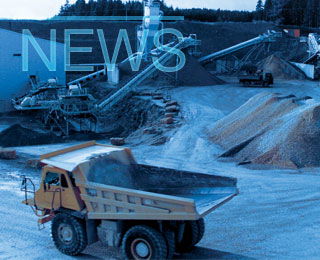The investigations arm of the Competition Commission of India (CCI) has held top leadership of Holcim, ACC and Ambuja cement, market leader UltraTechCement and 17 other firms, such as Shree Cement and Dalmia Cement liable for antitrust violations.
The investigation report, issued last month and seen by Reuters, is the penultimate but most significant stage of the CCI probe that started in 2019. The report, which is not public, will now be reviewed by CCI's top three officials who have powers to impose fines and will give companies a last chance to defend themselves.
Overall, the CCI investigation report concluded the cement companies colluded in 13 states in eastern and southern India, with more than 50 industry executives involved in "cartelisation" activities in an "extremely organised manner".
The CCI report said the Cement Manufacturers Association, an industry body, "facilitated and penetrated the anti-competitive conduct in the cartel" by collating and sharing pricing details among companies.
In southern India, UltraTech and many other smaller companies controlled cement output and supplies through informal "kiln closure" agreements in a mutually-agreed schedule, the report said. The aim, CCI said, was to coordinate output, restrict cement supplies and increase prices.
The CCI report said cement executives decided on price increase plans down to the district level of each state, splitting companies into categories like "Group A" for large firms, and recommending lower prices for "Group B" smaller peers.
